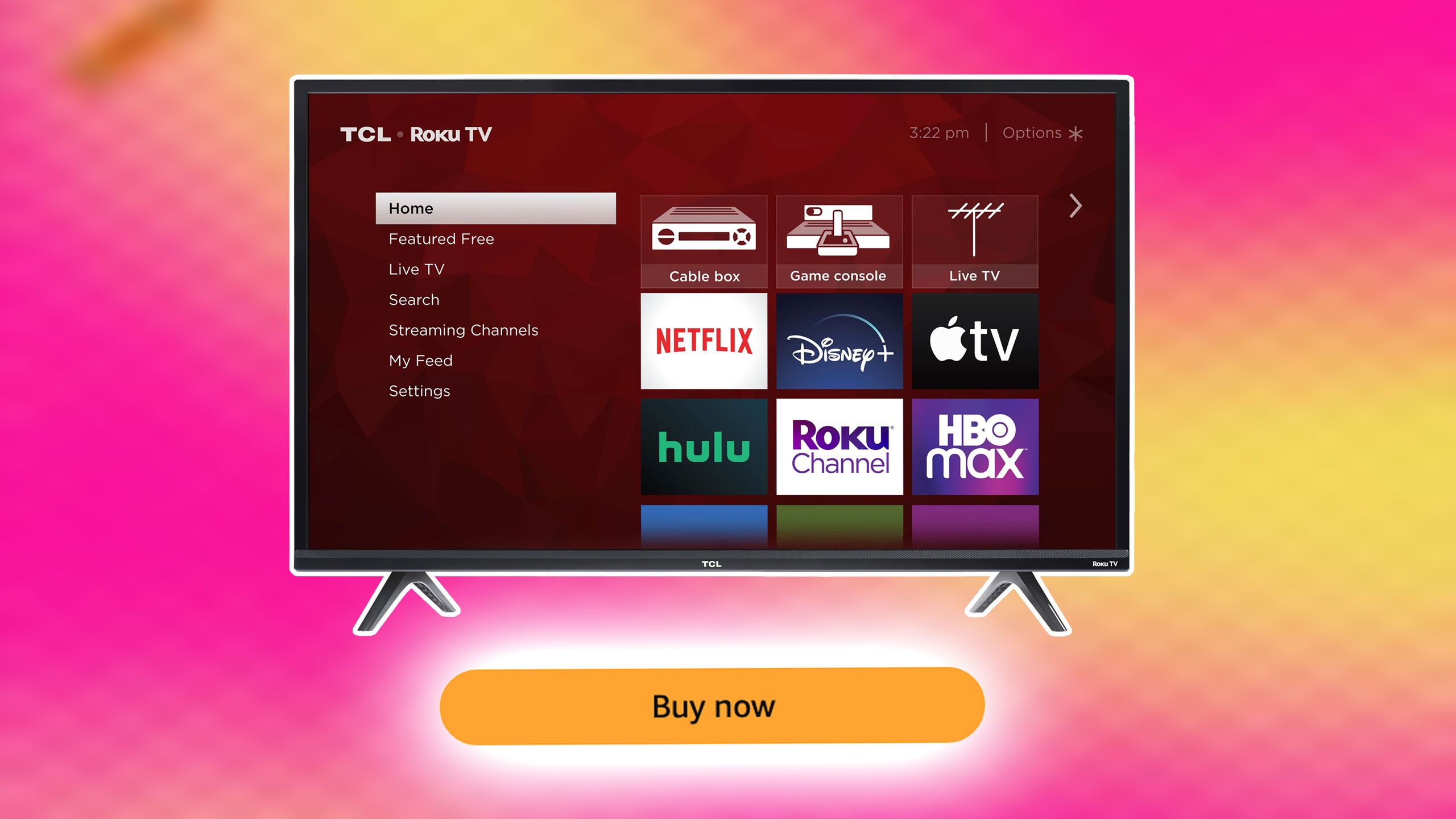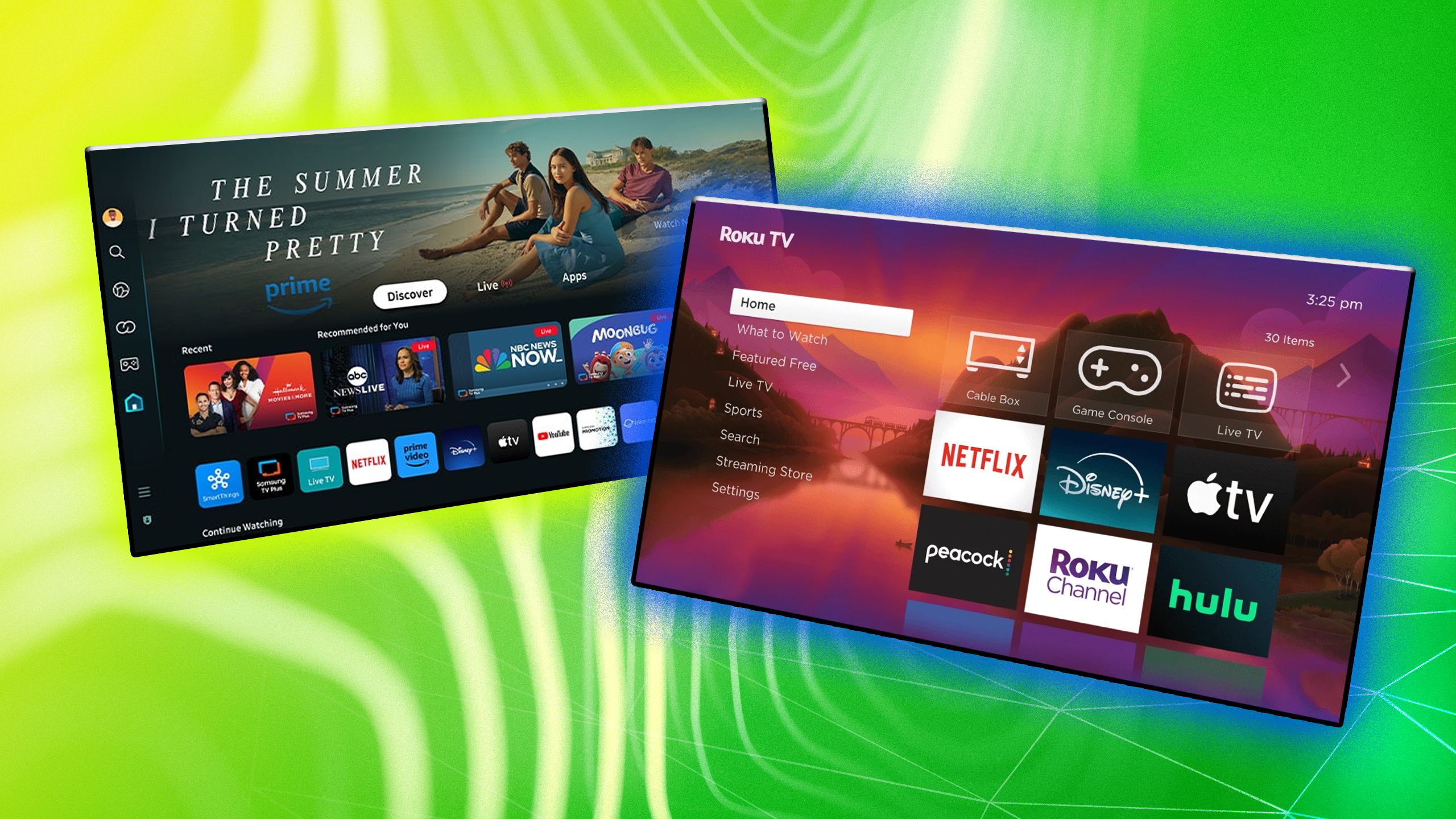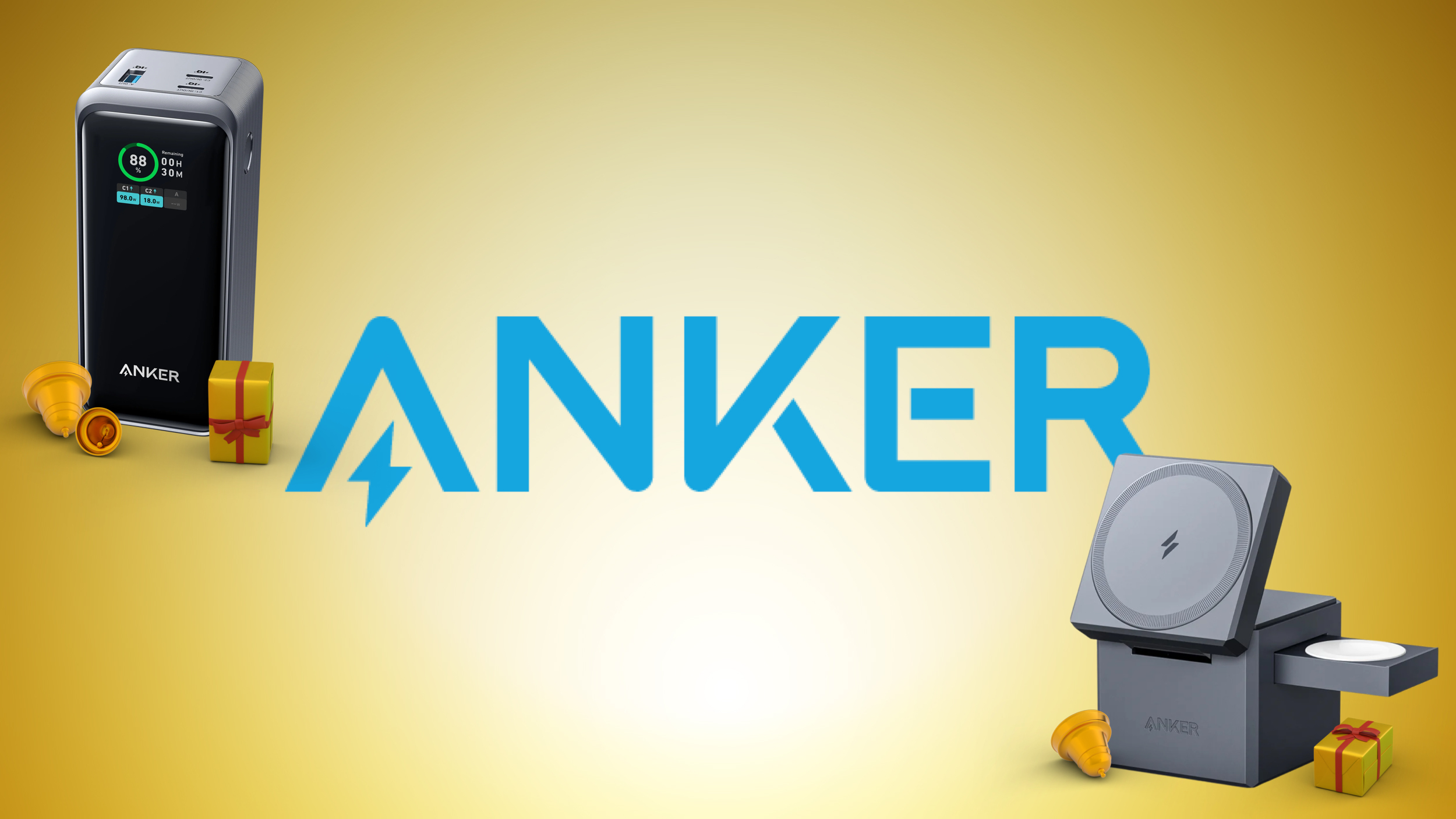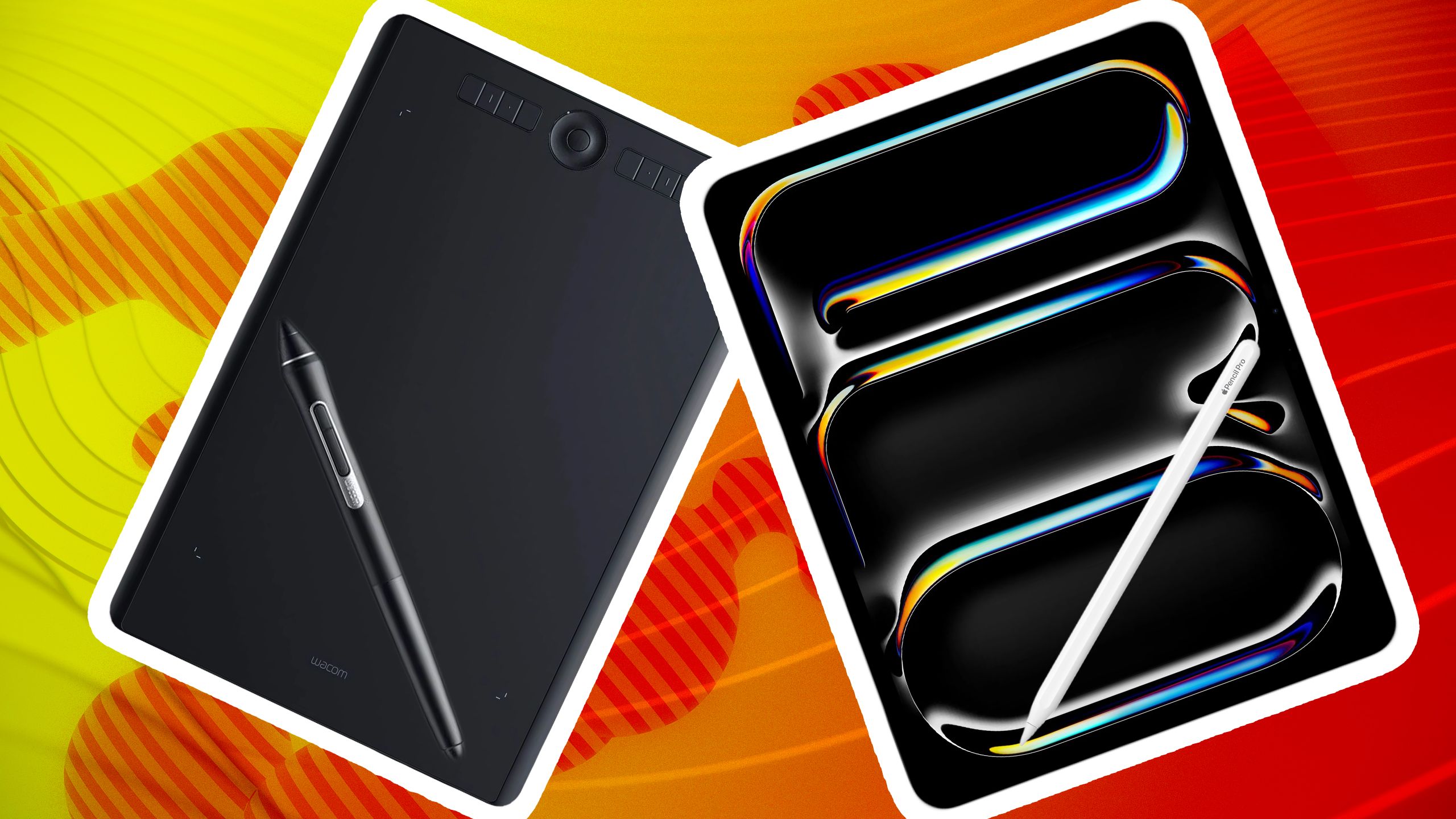Fitbit smartwatches are getting smarter in stress monitoring: Here’s how
We have lately become more stressed in life than ever before. The causes may vary but generally include less physical exercise, unhealthy eating habits, and lack of good sleep. Stress deteriorates overall well-being including physical capabilities and mental health. It can also lead to lifestyle diseases such as diabetes, heart disease, stroke and obesity etc.
Our body responds to stress in a certain way and by measuring associated parameters we can know when we are stressed and can take corrective steps. As smartwatches become more capable of measuring stress levels, Google-owned Fitbit has come up with a solution to help you manage stress better.
How Fitbit is helping users in stress monitoring
Identifies signs of stress in the body
When humans are under stress, their palms sweat and their heart races. It is a kind of signal the body sends to notify that something is going out of control. Fitbit’s continuous electrodermal activity (cEDA) sensor measures changes in micro sweat levels all day and metrics like heart rate variability and skin temperature. When these parameters go beyond a certain limit it sends a Body Response notification for potentially stressful situations.
Relieve stress
Fitbit also helps to relieve stress. After getting a Body Response notification, users can log emotions that they were feeling at the time of stress on the Fitbit app and choose from a set of activities to manage stress. Fitbit also notifies positive feelings and by analysing weekly trends, users can know how their bodies are reacting to stress.
Stress management score:
The stress management score from Fitbit helps to know how heart rate, sleep, and activity levels impact users’ physiological stress. It will show a score between zero to 100. A higher score means the body is showing signs of more stress and a lower score shows less stress.
Relax app
By knowing your stress level, you can take corrective steps to lower it. Fitbit’s Relax app can help users destress with personalised deep breathing sessions. Further, users can try over 400 sessions in the Fitbit app on everything from walking to unwinding before bed.
Sleep patterns
Fitbit derives a sleep profile from a month-long analysis of sleep including ten advanced sleep metrics to help better understand your sleep patterns and tendencies to reduce stress.
Daily Readiness Score
Fitbit Daily Readiness Score uses insights from users’ bodies to help them understand when they are ready to perform a workout. In addition to this, each morning Fitbit sends personalised scores from 0-100 based on heart rate variability (HRV), recent sleep and activity, along with suggestions for content to help make the best decisions for the body.
The post Fitbit smartwatches are getting smarter in stress monitoring: Here’s how appeared first on Techlusive.

We have lately become more stressed in life than ever before. The causes may vary but generally include less physical exercise, unhealthy eating habits, and lack of good sleep. Stress deteriorates overall well-being including physical capabilities and mental health. It can also lead to lifestyle diseases such as diabetes, heart disease, stroke and obesity etc.
Our body responds to stress in a certain way and by measuring associated parameters we can know when we are stressed and can take corrective steps. As smartwatches become more capable of measuring stress levels, Google-owned Fitbit has come up with a solution to help you manage stress better.
How Fitbit is helping users in stress monitoring
Identifies signs of stress in the body
When humans are under stress, their palms sweat and their heart races. It is a kind of signal the body sends to notify that something is going out of control. Fitbit’s continuous electrodermal activity (cEDA) sensor measures changes in micro sweat levels all day and metrics like heart rate variability and skin temperature. When these parameters go beyond a certain limit it sends a Body Response notification for potentially stressful situations.
Relieve stress
Fitbit also helps to relieve stress. After getting a Body Response notification, users can log emotions that they were feeling at the time of stress on the Fitbit app and choose from a set of activities to manage stress. Fitbit also notifies positive feelings and by analysing weekly trends, users can know how their bodies are reacting to stress.
Stress management score:
The stress management score from Fitbit helps to know how heart rate, sleep, and activity levels impact users’ physiological stress. It will show a score between zero to 100. A higher score means the body is showing signs of more stress and a lower score shows less stress.
Relax app
By knowing your stress level, you can take corrective steps to lower it. Fitbit’s Relax app can help users destress with personalised deep breathing sessions. Further, users can try over 400 sessions in the Fitbit app on everything from walking to unwinding before bed.
Sleep patterns
Fitbit derives a sleep profile from a month-long analysis of sleep including ten advanced sleep metrics to help better understand your sleep patterns and tendencies to reduce stress.
Daily Readiness Score
Fitbit Daily Readiness Score uses insights from users’ bodies to help them understand when they are ready to perform a workout. In addition to this, each morning Fitbit sends personalised scores from 0-100 based on heart rate variability (HRV), recent sleep and activity, along with suggestions for content to help make the best decisions for the body.
The post Fitbit smartwatches are getting smarter in stress monitoring: Here’s how appeared first on Techlusive.




